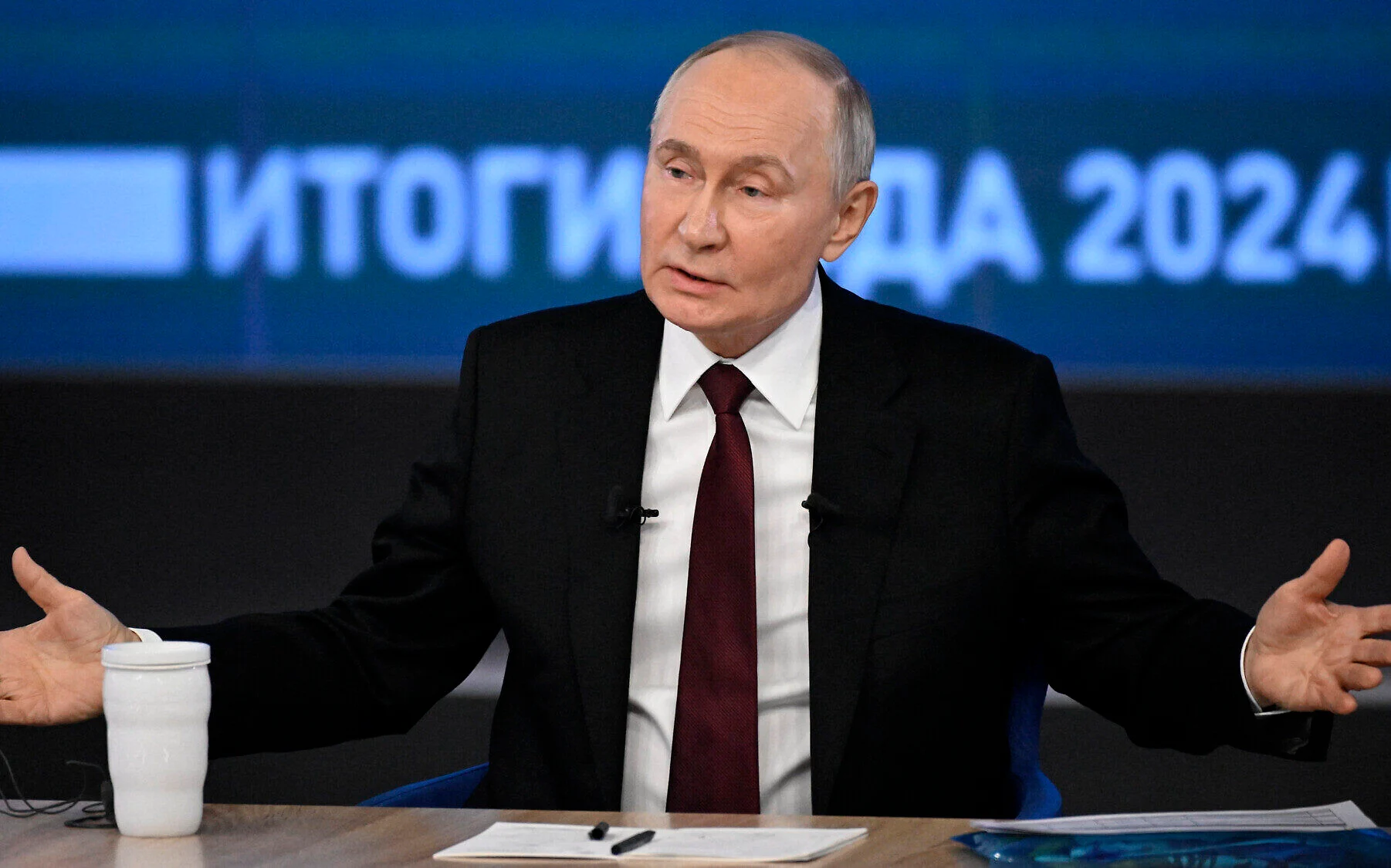
Putin’s Remarks on Israel’s Role
Putin’s remarks came amid heightened tensions in the region, particularly following the fall of Syrian President Bashar al-Assad’s regime, which has been a crucial ally for Russia. The Russian leader emphasized that while Russia remains committed to international law and the sovereignty of nations, Israel has effectively capitalized on the chaos that has engulfed Syria since the onset of conflict over nine years ago.
“The main beneficiary of the events taking place in Syria, in my opinion, is Israel,” Putin stated emphatically. He pointed out that Israel’s military operations have intensified since Assad’s regime began to crumble. This situation has allowed Israeli forces to establish a more significant presence along its borders with Syria. This assertion raises critical questions about Israel’s intentions and future actions in a region already fraught with instability.
Israel’s Military Strategy
Historically, Israel has conducted numerous airstrikes against Iranian positions and Hezbollah forces within Syria. These actions aim to thwart what it perceives as existential threats from these groups. Putin’s comments suggest a growing concern about Israel’s military strategy and its implications for regional security. “I have the impression that not only are they not going to leave [Syria], but they are going to reinforce their forces there,” Putin added, indicating skepticism regarding Israel’s claims of temporary military engagement.
The Complex Dynamics Between Russia and Israel
The dynamics between Russia and Israel have always been intricate. They are characterized by a delicate balance of cooperation and rivalry. Putin’s acknowledgment of Israel as a beneficiary highlights a potential shift in how Russia views its allies and adversaries within Middle Eastern politics. Putin also condemned any territorial seizures by foreign powers in Syria, reiterating Russia’s stance on respecting national sovereignty.
Implications for Regional Security
Putin’s statements come at a time when many analysts speculate about the future role of foreign powers in Syria. The situation remains fluid, with various factions vying for control and influence. For instance, Turkey has also increased its military involvement in northern Syria, pursuing its interests against Kurdish groups it deems terrorists. This multi-layered conflict complicates efforts toward stabilization and peacebuilding.
The implications of Putin’s assertions extend beyond mere rhetoric; they signal a potential realignment of alliances and strategies among key players in the region. As Israel continues to assert its military dominance, questions arise about how this will affect its relationships with both Russia and other nations involved in the Syrian conflict.
The Broader Narrative on Foreign Intervention
Moreover, Putin’s comments reflect a broader narrative regarding the consequences of foreign interventions in sovereign nations. As Russia grapples with its own military commitments in Syria, it faces criticism over its role in exacerbating conflicts rather than resolving them. The Russian president defended his country’s actions by stating that Russia’s intervention prevented Syria from becoming a “terrorist enclave.” Yet he simultaneously acknowledged the challenges posed by foreign military operations.
A Focus on International Diplomacy
The ongoing situation in Syria remains a focal point for international diplomacy and security discussions. With various nations pursuing their strategic interests, including Iran’s support for Assad and U.S. involvement against ISIS remnants, the landscape appears increasingly volatile. Putin’s remarks serve as a reminder that while some nations like Israel may benefit from chaos, others bear the brunt of its consequences.
The Path Ahead
In conclusion, Vladimir Putin’s assertion that Israel is the main beneficiary of events in Syria encapsulates not only current geopolitical realities but also foreshadows ongoing tensions that could shape future interactions among regional powers. As stakeholders reassess their positions amidst shifting allegiances, one thing is clear: the road to peace in Syria remains fraught with challenges.

